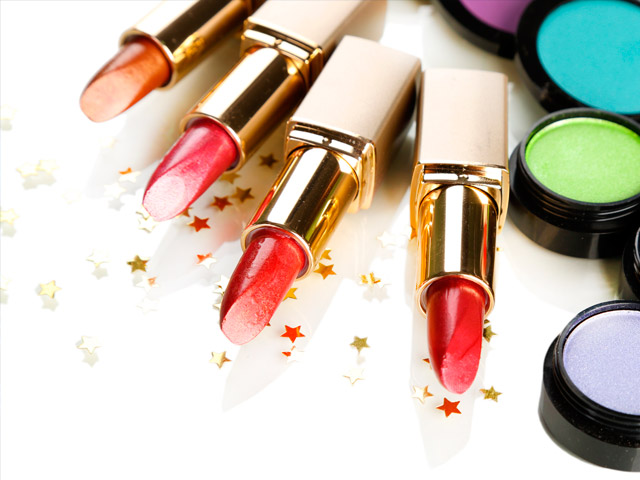The beauty and cosmetics industry is one of the biggest in the county. By 2023, it is expected to reach more than $805 billion. Such a big industry is constantly in the eyes of consumers, and those consumers are starting to demand more transparency from their beauty products. They want access to more toxin-free, fair-use products that haven’t been tested on animals. As a result, apps are starting to appear that are pushing the cosmetics industry to be more transparent. Here are some of them and how they’re changing the cosmetics industry.
The Demand for Transparency
The cosmetics industry is getting bigger by the year, but until now it has been difficult for anyone except someone with a chemistry degree to understand what the ingredients are. That doesn’t mean consumers don’t want to know or that they aren’t concerned about the potentially toxic chemicals that are in those cosmetics.
Green is a term that has been applied to nearly every industry, but it hasn’t been strictly defined in the cosmetics industry until now. Informed consumers have started looking for cosmetics that contain healthy ingredients like natural oils. Palm oil is a popular alternative to artificial ones, but it’s important to be sustainably sourced. Palm oil has earned itself a bad reputation because its growth and harvesting aren’t green and can damage the environment.
This demand for transparency from consumers — as well as the apps that allow them to scan their products to find out exactly what is in them — are pushing the cosmetics industry to be more transparent and to shift their production to utilize greener and more sustainable items. While the global cosmetics industry is expected to grow 5 percent a year for the foreseeable future, the green and sustainable cosmetics industry is expected to grow 15 percent in the same period of time. These apps can help that happen by aiding consumers in their choices.
- Think Dirty
Most consumers carry a smartphone with them, and that’s all they need for this app. Think Dirty provides a portable comparison shopping tool that reviews and rates household and personal care products, including cosmetics, based on their ingredients. This app is designed to be entirely unbiased. Instead of basing the product’s review on the company or changes it has made, it bases each review solely on the chemical components in each product.
Each review is based on publicly available data that is released by each company, and is given three ratings:
- Carcinogenicity: Whether the product has been shown in lab tests to increase the risk of cancer
- Developmental and reproductive toxicity: Whether the product has been shown to cause hormone disruption or interfere with reproductive health
- Allergenicity and immunotoxicity: Whether the product has been shown to be a known allergen or asthma trigger, or an immunotoxin
The app is available for free on both Android and iOS devices.
- EWG Healthy Living
While it’s important to make healthy choices when it comes to cosmetics, those aren’t the only products that consumers are concerned about. EWG’s Healthy Living app allows consumers to scan the barcodes on everything from the makeup they purchase to the food in their shopping cart. Each product is rated on three things:
- Nutrition: Primarily for the food products the app is used to scan
- Ingredient concerns: Whether one or more of the ingredients in the product can be dangerous in large amounts
- Processing: Whether the product is processed in a green and sustainable manner, and whether any steps in the processing could create harmful byproducts
This app is also available for free for both Android and iOS devices. The main difference between this app and Think Dirty is that the latter is based in Canada and the former is based in the United States, so there may be some differences in their product databases.
- Yuka
For consumers in Europe, there is an app available as well — Yuka. This company is based out of Paris — in fact, its homepage is in French — but it comes with a variety of language options. Similar to the other two entries on this list, Yuka uses the phone’s camera to scan barcodes and provide the user with a product card that contains the nutritional value and ingredients list for each product scanned.
Each ingredient is rated on a color scale from green to red, with green being the best option and red being ingredients to avoid. It doesn’t provide as much information as some other apps, but it is still a good option and includes many European-exclusive brands and products.
Apps like Think Dirty, Healthy Living and Yuka are just the first in a long line. These apps, and the consumers that use them, are pressuring cosmetics companies into making changes that will make their products healthier, greener and more sustainable in the long run.
| Megan Ray Nichols STEM Writer & Blogger |
|
|||||
|
||||||
Women of Green is TURNING UP THE VOLUME of the feminine voice on the planet in order to create the world we know is possible


